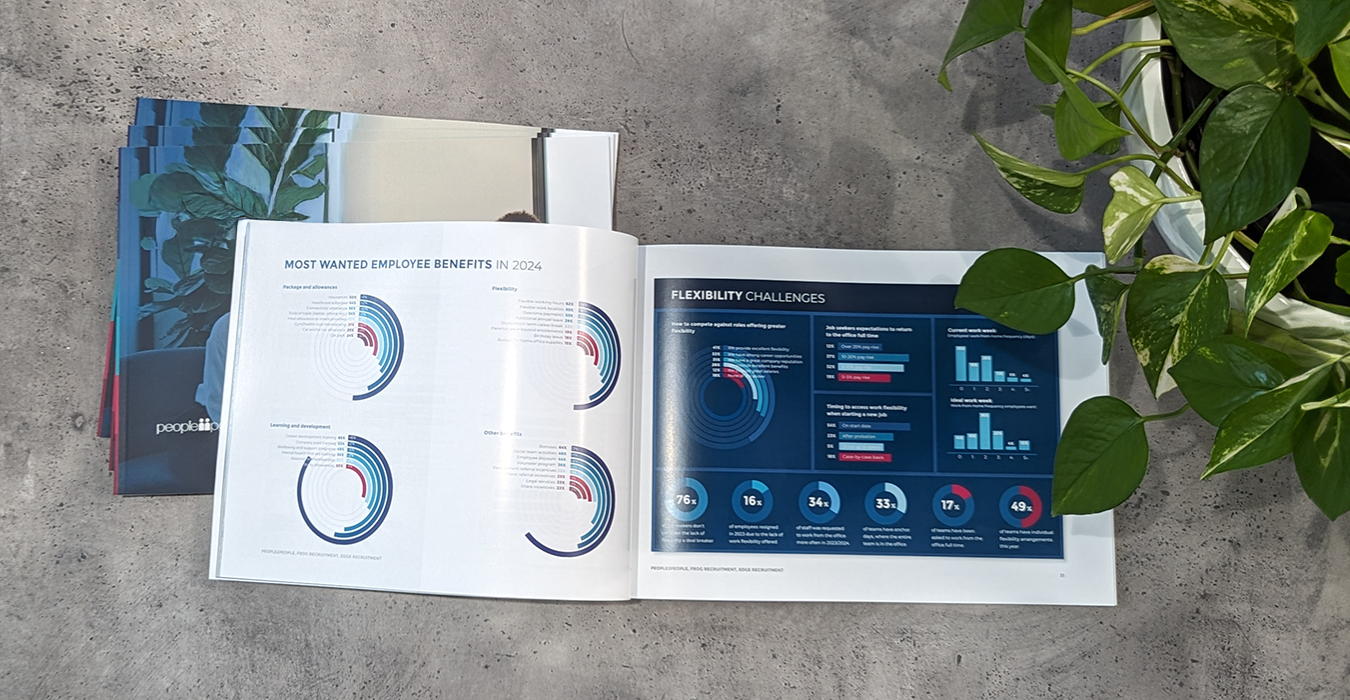Data Analyst - Hire or get hired
Your guide to the Data Analyst Role: Salary & hiring tips
Recruiting a Data Analyst or looking for your next Data Analyst job?
As a specialist recruitment agency in Technology, we work with top Data Analysts and senior tech leaders across Australia, New Zealand, and the UK. Whether you're looking to hire a permanent Data Analyst or need a contract financial executive to guide your business through change, our recruitment consultants have the expertise and market insight to help.
We’ve placed dozens of senior tech professionals into roles across industries, from ASX-listed corporations to fast-growing SMEs. Our understanding of the talent landscape allows us to connect employers with tech professionals who not only meet technical requirements but align with leadership and cultural needs too.
Whether you're an employer seeking a skilled Data Analyst or a candidate ready for your next career move, we can help.
Submit your resume or request top talent today – our expert Technology recruiters are ready to assist.
of tech hiring managers plan to grow their teams in 2025.
of employers value talent with AI expertise, but only 22% actively seek it.
of teams describe themselves as slightly or signifcantly under-resourced.
How to hire a Data Analyst:
Our recruitment process
Step 1: Initial Consultation and Role Briefing
Our process begins with a detailed consultation. We meet with you to understand the role, required skills, experience level, and cultural fit. This ensures the search is tailored to your business needs.
Step 2: Candidate Sourcing and Advertising
Once the brief is clear, we promote your vacancy across job boards, LinkedIn, our AI tools, and internal database. Our recruiters also headhunt passive candidates, ensuring you reach both active job seekers and hidden talent.
Step 3: Screening and Shortlisting
We review applications, conduct phone or video interviews, verify qualifications, and check references. Only the top candidates are shortlisted, saving you time and ensuring you meet the most suitable professionals.
Step 4: Interviews and Employer Selection
Shortlisted candidates are presented to you for interview. We manage scheduling, prepare candidates, and provide you with market insights to help evaluate and compare applicants effectively.
Step 5: Offer Negotiation and Onboarding Support
After you choose your preferred candidate, we assist with salary negotiations, and manage counter-offers. We also follow up after placement to ensure long-term success.

Our latest jobs
Technology Market Update
AI continues to reshape workforce priorities, with 47% of businesses seeking candidates with at least a base-level understanding of AI. Key skills growing in importance include automation and IT process orchestration (63%), continuous learning in AI (45%), and cybersecurity using AI-driven threat detection (37%). Cybersecurity, upskilling, and AI and machine learning are now the top three business priorities, each cited by over 50% of companies.
Contractor usage has remained relatively stable, with 81% of companies expecting no change in 2025, and nearly half keeping contractor levels under 10%. The shift towards AI, automation, and cybersecurity signals an evolving skills landscape, requiring businesses to balance permanent hires with specialised expertise to stay competitive.



